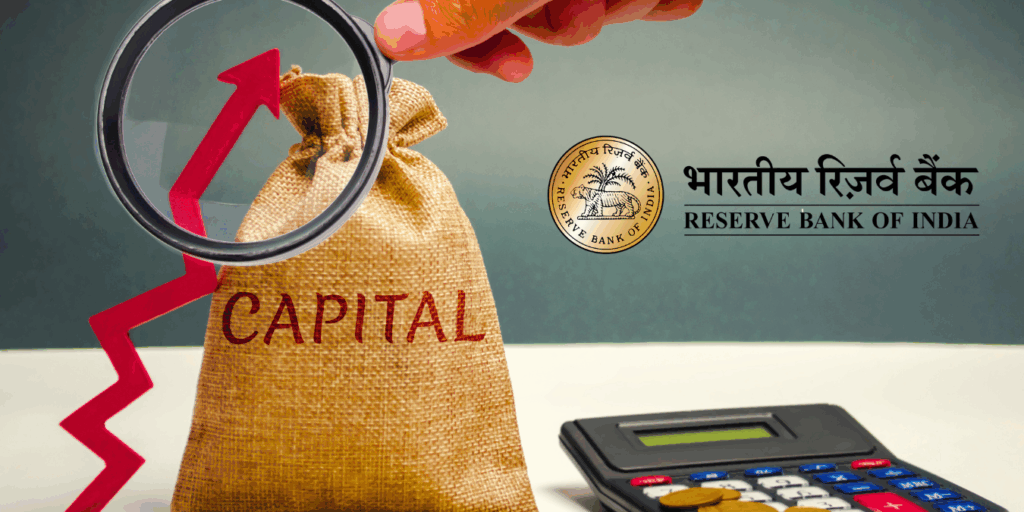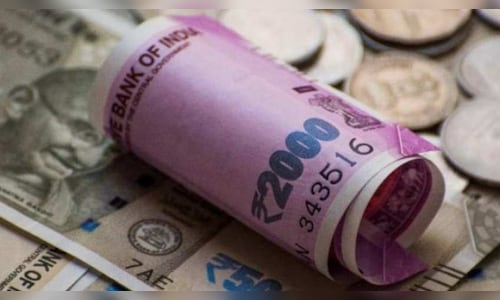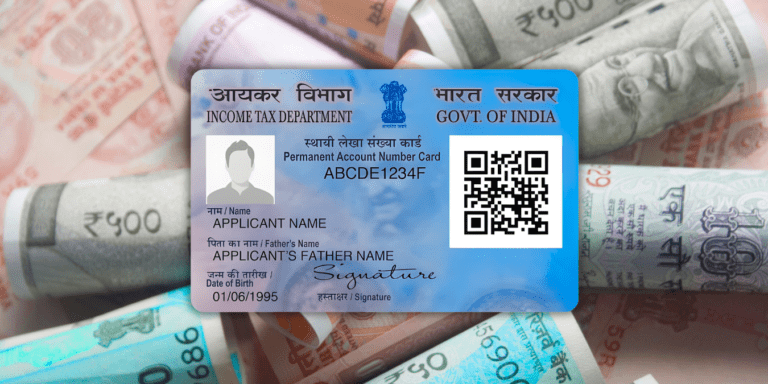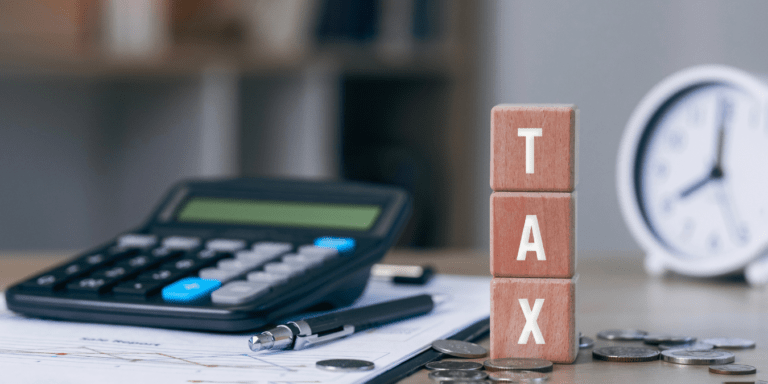
10 Things Income Tax Tracks Silently in India 2025 — What Are You Missing?
Shocking but silent: Are your everyday gold buys, crypto trades, or Airbnb earnings triggering hidden tax alarms? Discover 10 surprising financial moves Income Tax secretly tracks in 2025—avoid costly notices with little-known insider secrets to stay safe and stress-free.
Receiving a tax notice for an everyday financial move you thought was safe because it flew under the radar — like buying gold or renting out a property in cash. You’d be shocked to learn the Income Tax Department watches these silently but closely. What if one small transaction could lead to a tax enquiry? Are you unknowingly stepping into this trap?
In 2025, the Indian Income Tax Department has sharpened its focus with tech-driven surveillance and detailed financial data linking. Many common transactions now silently trigger their alarm bells. Understanding these can save you from unnecessary penalties, stress, and legal trouble. Let’s uncover the 10 key financial actions tracked silently and why they matter more than ever.
1. Gold Purchase Above ₹2 Lakh: More Than Just a Sparkling Asset
Buying gold above ₹2 lakh? The taxman quietly tracks it through mandatory PAN reporting by the seller under Rule 114B. Jewellery shops and bullion dealers report such sales in the Statement of Financial Transactions (SFT), linking your identity to the purchase.
Why? This curbs unaccounted income and increases transparency on high-value assets. If you pay in cash, it also violates Section 269ST’s limit on large cash receipts, inviting scrutiny. You must be ready to explain the source of funds and keep documents handy to avoid tax trouble.
Surprise: Inherited gold sold after 24 months is considered a long-term capital asset and taxed at a flat 12.5% LTCG rate, regardless of your income slab, making holding periods crucial.
2. Jewellery Sale with No Invoice — A Red Flag
Selling jewellery without invoices can trigger income tax suspicion. The department collects data from jewellers and cross-verifies with buyers’ declared incomes and assets. Undocumented sales may invite notices or investigations, especially if large sums are involved.
Remember, proper invoices not only protect buyers but also shield sellers from legal hassles and penalties. When jewellery transactions exceed ₹2 lakh, reporting norms become mandatory, shaping the silent watch.
3. Mutual Fund Investments Above ₹10 Lakh
Investing over ₹10 lakh in mutual funds is not just a wealth milestone but a trigger for tax tracking. Asset management companies report transactions exceeding this threshold to the tax department. They also report capital gains and dividend distributions.
Why does this matter? Taxpayers must report capital gains accurately—long-term gains on equity funds held over one year attract 12.5% tax above an exemption of ₹1.25 lakh. Dividends (IDCW payouts) are now taxed as per your slab and subject to TDS if over ₹10,000 in a year. Non-disclosure can invite penalties and tax notices.
4. Rent Received in Cash: The Invisible Watchdog
Rent in cash is tempting for landlords aiming to sidestep tax, but beware—the department tracks this too. Rent above ₹2.4 lakh annually requires TDS deduction at 10%, even on cash payments. Lodging cash rent without proper receipts invites suspicion.
Landlords must document cash rent transactions diligently. Failure to disclose rental income properly risks penalties and interest. While cash payments lack a digital footprint, accurate record-keeping is your strongest defense against silent tracking.
5. Home Loan Repayment Sources Under Microscope
Year after year, more taxpayers secure home loans. Yet, the Income Tax Department ensures the source of loan repayments matches declared income and assets.
Loan principal and interest repayments claimed under Sections 80C and 24(b) require documentation such as repayment certificates and ownership proof. Discrepancies between declared income and repayment amounts can raise red flags and lead to scrutiny.
Make sure your loan documents, bank statements, and tax filings synchronize or face potential income tax inquiries.
6. Crypto Transactions: AI and Big Data in Action
Since 2025, Income Tax uses artificial intelligence and big data analysis on crypto trades. Indian exchanges share transaction data, including wallet addresses and trading volumes, directly with the tax department.
All capital gains from cryptocurrency and virtual digital assets attract a flat 30% tax. Failure to report them or mismatch with exchange data will trigger automated alerts, leading to tax notices or penalties.
This silent tech surveillance is a game-changer—crypto holders must maintain full transaction transparency to avoid surprises.
7. Hospital Bill Payments Over ₹1 Lakh
Large payments on hospital bills exceeding ₹1 lakh trigger tax tracking. The government monitors such payments to check for unexplained wealth or income.
Medical reimbursements up to ₹15,000 are tax-exempt, but amounts beyond this count as taxable income when reimbursed by employers.
In 2025, taxpayers making large medical payments should keep detailed bills and proof to justify spending sources in case of tax scrutiny.
8. Donations Under Section 80G Without Receipts: A Risky Move
Donating to charities without proper stamped receipts can sabotage your tax benefits and invite scrutiny. The Income Tax Act mandates that donations eligible for 80G deductions must have receipts stating the charity’s registration details, PAN, donation amount, and donor information.
Lack of correct documentation not only disallows deductions but also signals non-compliance, raising the likelihood of IT notices.
Always obtain and preserve valid 80G receipts to ensure tax relief and avoid red flags.
9. Airbnb-Style Rental Income: The New Tax Frontier
Income from short-term rentals like Airbnb, Homestays, or PG accommodations is under the government’s radar. Tax authorities track this income through digital platforms and cross-check reported income in tax returns.
Since many hosts receive cash or online payments, non-disclosure is risky. Even occasional rental income must be reported under "Income from Other Sources". The department employs data matching techniques to catch evasion.
Complying hosts can claim legitimate expenses, but failure to report can bring penalties or legal consequences.
10. High Cash Withdrawals: Tracking Liquidity Patterns
Large cash withdrawals from banks raise suspicion, especially if inconsistent with declared income or tax returns. Under the SFT rules and Section 269ST, cash withdrawals and deposits above ₹2 lakh get reported to the tax department.
Frequent large cash dealings without clear explanations can prompt investigation. The department aims to curb black money circulation and undocumented income.
Keeping your financial transactions transparent, maintaining proper bank records, and linking withdrawals to genuine income is essential to avoid IT department alerts.
Why Does This Silent Tracking Matter?
The Indian tax system is evolving with technological advances—AI, big data, and better inter-agency linkages enabling trap-free surveillance. Many people underestimate how everyday financial decisions silently get logged and scrutinized. Failing to comply can lead to penalties, blocked refunds, or legal hassles.
For taxpayers, knowledge is power. Being aware of these 10 tracked transactions is a first step toward tax compliance, peace of mind, and financial safety.
How to Legally Minimize Tax Notices from High Value Transactions
To legally minimize tax notices from high-value transactions in India in 2025, taxpayers should focus on proactive compliance and transparency with the Income Tax Department. Here are key strategies based on the latest rules and expert guidance:
- Report All High-Value Transactions Accurately
Include large financial dealings in your Income Tax Return (ITR) and ensure consistency with reports filed by banks, registrars, and financial institutions. The department tracks investments, property deals, cash transactions, and more through third-party reporting (Statement of Financial Transactions - SFT). Mismatches between your ITR and these reports are common triggers for notices. - Maintain Comprehensive Documentation
Keep detailed records—sales/purchase invoices, rent receipts, loan repayment statements, bank statements, and proof of source of wealth. This documentation is crucial for responding to any queries and proving the legitimacy of transactions. - Comply with TDS (Tax Deducted at Source) Requirements
Deduct and deposit TDS timely on applicable transactions such as property payments above ₹50 lakh, rent exceeding ₹2.4 lakh annually, and dividend/interest income. Failure to comply invites penalties and scrutiny. - Limit Cash Transactions Within Legal Limits
Avoid cash payments exceeding thresholds defined under Section 269ST (e.g., ₹2 lakh for single transactions). Large cash deals attract penalties and increase the risk of notices. Use digital payments and bank transfers wherever possible for transparency. - Respond Promptly Through the Compliance Portal
If you receive a notice, provide clarifications and submit proof online through the Income Tax Department’s compliance portal before deadlines. Timely, accurate responses reduce escalation and penalties. - File Income Tax Returns Timely and Correctly
Late filing or errors in ITR can attract notices. Use Form 26AS and AIS to cross-verify income and transactions before filing to avoid discrepancies. Reporting all sources of income—including mutual funds, crypto, rental income—is essential. - Seek Professional Tax Advice for Complex Transactions
Consulting a tax advisor can help structure transactions like crypto trades, high-value investments, and property deals legally, minimizing notice risks while optimizing your tax liability. - Leverage Tax Planning Tools
Plan the timing of income recognition, capital gains realization, and charitable donations for maximum tax efficiency without raising suspicions. Avoid aggressive tax evasion schemes that invite prosecution.
Actionable Takeaways for Financial Peace in 2025
- Always insist on invoices or receipts for jewellery and gold transactions above ₹2 lakh.
- Maintain detailed records of cash rent payments and issue official rent receipts.
- Report all sources of income, including mutual fund gains, crypto trades, and Airbnb rentals.
- Keep home loan repayment certificates and bank statements handy.
- Obtain valid receipts for 80G donations.
- File complete and accurate Income Tax Returns considering these triggers.
- Limit large cash withdrawals or deposits; keep documentation ready explaining transactions.
- Seek expert guidance on complex transactions like crypto and inherited gold sales.
What’s Next? The Future of Tax Tracking and What You Must Watch For
The IT Department is continuously upgrading technology—think AI-based real-time monitoring, blockchain integration for asset tracking, and deeper cross-verifications with financial institutions. Upcoming policies may extend reporting limits, broaden crypto definition, and refine tracking of digital transactions further.
Stay vigilant. Update your knowledge and financial practices regularly to stay ahead of silent surveillance and reap benefits from compliant tax planning.

































